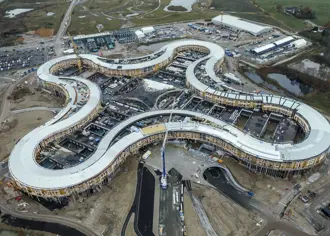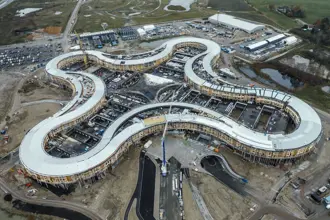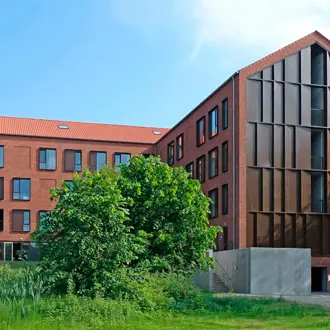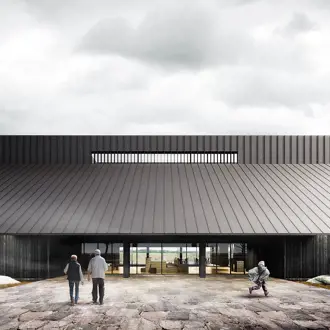Green energy transition
Climate adaptation
Energy-saving initiatives as regards public buildings, streetlights, etc.
Climate-friendly public transport
A transition from fossil fuel vehicles to electric vehicles used for public services
Denmark's ambitious green vision
Nearly four decades of ambitious energy policies have positioned Denmark as a leader in the renewable energy sector. The national objective is to reduce CO2 emissions by 70 per cent by 2030 and to achieve net zero emissions by 2050. To realise this vision, Denmark has robust green initiatives across all levels of the public sector. Consequently, we anticipate that KommuneKredit will finance a significant part of the ongoing green transformation. Currently, several major investment projects are linked to the green energy transition, constituting a substantial infrastructure investment projected to continue over the next decade. KommuneKredit also finance numerous other projects related to the green transition. See examples in the list.





